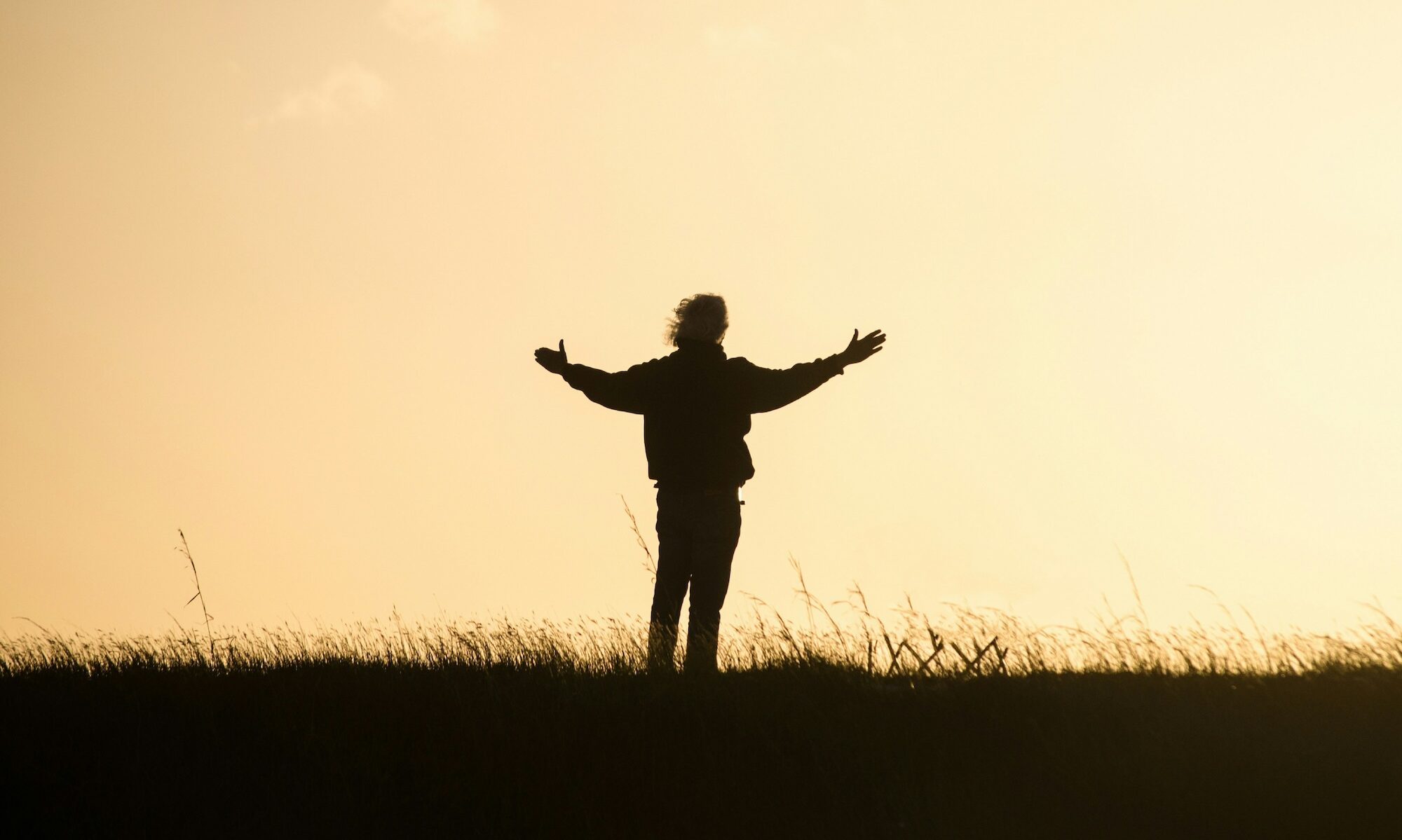 Previous to these past 10 days and the excellent ensuing, daily dialogue, we heard the respectfully-articulated insights and perspectives from persons other than me in our annual summer Guest Writers Series. (P.S. I thought it was great!) Thank you, friends, for writing and listening. I have learned from you!
Previous to these past 10 days and the excellent ensuing, daily dialogue, we heard the respectfully-articulated insights and perspectives from persons other than me in our annual summer Guest Writers Series. (P.S. I thought it was great!) Thank you, friends, for writing and listening. I have learned from you!
I believe that we grow when we are willing to listen and dialogue regarding diverse perspective. Far too many are only able to converse with the likeminded. Hence, we end up with a lot of really smart people — who are still very blind. They never allow their mind to be altered from where it is right now. They still may be smart, but their pursuit of wisdom is sadly, severely hampered. In the weeks I was away, I pondered the thoughts of our guest writers… Like you, I listened and learned. Like you, I often read certain portions of posts twice. Like you, I didn’t necessarily agree with every opinion embedded, but also like you, I desire to be stretched and challenged. Agreement and consensus are secondary to active listening.
Here were some of the articulations that struck me most from our summer series:
“If you don’t like the law, elect different representatives, and they can pass new laws. That’s democracy.”
“Think again about who you would want to speak at your funeral. What do you want them to say?”
“During those formative years when we were transitioning from girlhood to womanhood, our society and media wasn’t telling us that our physically displays of affection with our peers had sexual connotations. We were free to hug, touch, and run arm and arm. We were free to accept each other no matter how we were made. We learned how to be good friends, strong and reliable, and that love had very little to do with sex, but with our willingness to be there for one another.”
“What is best in a society: personal freedom to choose no matter the consequences or personal freedom to choose with possible financial penalty if you choose the socially-selfish option? Perhaps a mix of the two is best.”
“I will give examples of ‘dignity squashers’ first — then move on to the ‘dignity encouragers.’ Let me give the exact definition of dignity so we’re on the same page. Dignity is pride in oneself, self-respect, self-worth. By not teaching our children life skills that evoke dignity, we as parents are setting them up to fail.”
“What we should do instead is develop a ‘live and let live’ legal framework.”
“Ironically, it is often the overlooked seeds who soar after high school. They have already played in a tough game environment and are well equipped to take on a new road to the big dance. They don’t have to rely on their past bracket to define them. It’s a clean slate and they chart their X’s and O’s.”
“A favorite tactic in today’s debates over anything controversial is to question your right to hold a belief, or to label your opinion itself as ‘bigoted’.”
“How many of us will let our passion trump our reason? How many of us will lose friendships over words we type on our keyboards? Think about that before you hit post. Maybe you think it doesn’t matter, that if someone disagrees with your opinion you are better off without their friendship. But what about their respect? When did we become a country where people either agree with you or they are wrong?”
“Do you want to be right or do you want to be righteous? Do we always have to be right? … or will we allow for our character to be carved and to grow?”
[And quite possibly, my personal favorite…]
“I listen to the music now… with tears, for she taught me so much more than I ever taught her.”
There is so much we can learn when we shelve our deeply entrenched stances — and actually listen to other people, too.
So thankful to be back… cheers, too, to each of our guest writers…
Respectfully…
AR


